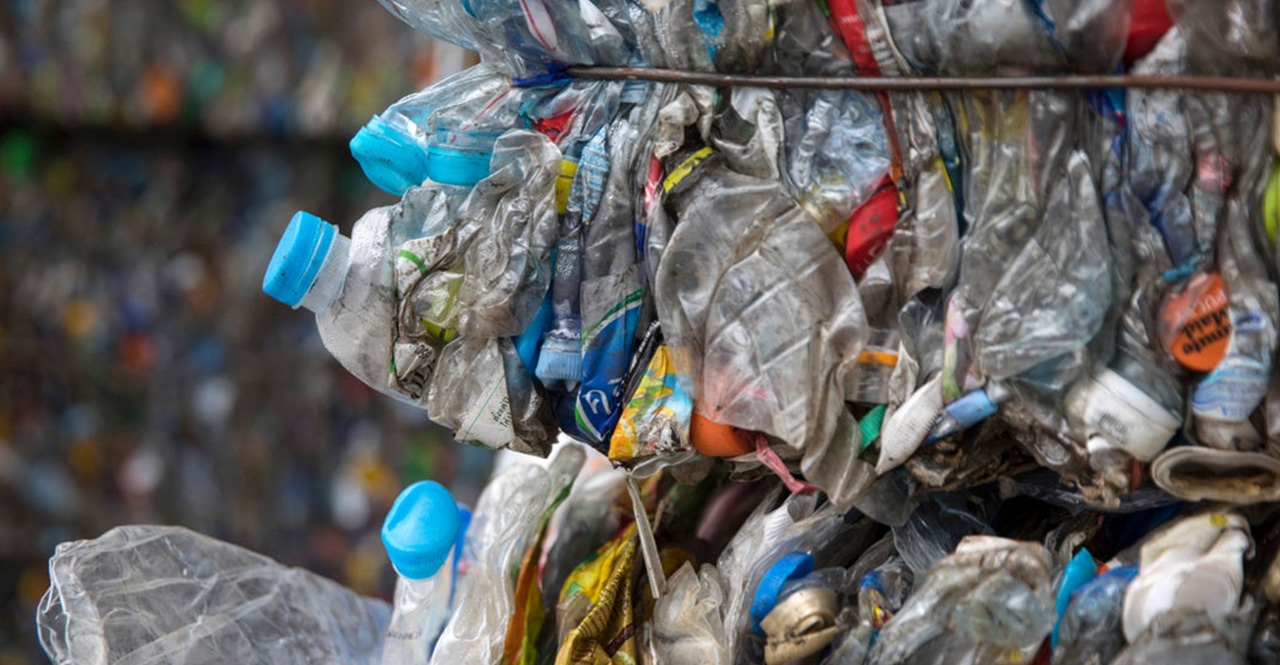Comprehensive Solutions for Industrial Waste Water Treatment by Reclaim Waste Melbourne
Comprehensive Solutions for Industrial Waste Water Treatment by Reclaim Waste Melbourne
Blog Article
Fostering Source Effectiveness and Environmental Protection Via Fluid Waste Removal Programs
In the realm of ecological stewardship, the management of liquid waste stands as an essential juncture where resource performance and environmental defense converge. Via a lens of proactive involvement and calculated foresight, the landscape of fluid waste management unveils a tapestry of obstacles and possibilities that bid us to explore the path towards a greener and more sustainable future.
Value of Liquid Waste Removal
The importance of liquid waste removal lies in its important function in protecting ecological health and wellness and securing public wellness. Liquid waste, if not correctly managed, can pose serious threats to ecosystems, water resources, and human wellness. Via reliable elimination procedures, damaging compounds such as microorganisms, pollutants, and chemicals are avoided from contaminating the setting and creating damaging effects.
Proper fluid waste removal also aids in preventing the spread of conditions and minimizing the potential for groundwater contamination. By securely getting rid of liquid waste, the risk of waterborne illnesses and pollution-related wellness issues is dramatically lessened - Liquid waste removal. In addition, efficient elimination methods add to preserving the overall tidiness and visual appeals of areas, thus boosting the high quality of life for homeowners
Additionally, fluid waste removal plays a crucial role in supporting lasting development and guaranteeing conformity with environmental policies. By sticking to proper waste administration methods, businesses and markets can reduce their ecological footprint and show corporate responsibility. Ultimately, buying durable liquid waste elimination programs is vital for advertising environmental stewardship and fostering a healthier, more secure future for all.

Advantages of Effective Disposal
Efficient disposal of fluid waste not just safeguards ecological wellness and public wellness yet also generates many benefits that extend past instant containment actions. One vital benefit of reliable disposal is the decrease of contamination in water bodies and dirt. By properly managing liquid waste, the risk of contamination reduces, securing and maintaining ecosystems biodiversity. In addition, reliable disposal practices add to resource conservation. Through procedures like recycling and energy recuperation, beneficial resources can be removed from liquid waste, promoting sustainability and minimizing the stress on resources. Additionally, adopting reliable disposal techniques can lead to cost financial savings for areas and companies. By optimizing waste monitoring processes, organizations can simplify operations, lessen disposal costs, and potentially produce income with the sale of recycled materials. Generally, the benefits of effective liquid waste disposal are multifaceted, incorporating environmental management, source effectiveness, and economic advantages.
Technologies for Waste Therapy
Using innovative modern technologies for waste treatment plays a critical function in making certain the effective administration and risk-free disposal of liquid waste. One of the vital innovations employed in fluid waste therapy is organic treatment.
Advanced oxidation procedures (AOPs) have acquired appeal for their capability to deteriorate consistent natural contaminants in liquid waste via the generation of extremely responsive hydroxyl radicals. Membrane innovations like reverse osmosis and ultrafiltration are reliable for separating pollutants from fluid waste streams. Furthermore, thermal therapy methods such as incineration can be utilized for the full destruction of dangerous elements in fluid waste. Generally, the integration of diverse treatment modern technologies ensures extensive and eco-friendly monitoring of liquid waste.
Function of Laws and Conformity
In the realm of liquid waste administration, adherence to regulative frameworks and compliance standards is critical for securing environmental health and sustainability. Regulations play a vital function in regulating the appropriate handling, treatment, and disposal of liquid waste to stop harm to communities and human health. By establishing clear standards and requirements, regulatory bodies guarantee that services and individuals associated with fluid waste administration operate in an environmentally accountable way.
Compliance with these regulations is not just a lawful requirement yet additionally a moral responsibility to safeguard the environment for existing and future generations. It involves applying finest practices in waste collection, transport, therapy, and disposal to decrease environmental impact and advertise resource performance. Non-compliance can lead to penalties, lawful action, and reputational damages for organizations, highlighting the importance of maintaining regulative criteria.

Future Trends in Waste Monitoring

An additional crucial fad in waste administration is the adoption of advanced data analytics and artificial knowledge to enhance waste collection paths, improve sorting procedures, and improve general operational performance. These modern technologies allow waste management companies to make data-driven choices, bring about set you back savings and environmental advantages.
Moreover, there is a growing focus on the advancement of decentralized waste management systems, such as onsite therapy centers and mobile waste processing devices. These systems provide flexibility and scalability, enabling a lot more efficient waste handling in diverse atmospheres.
Conclusion
To conclude, promoting source effectiveness and environmental security through fluid waste removal programs is important for lasting advancement. Reliable disposal techniques, progressed innovations for waste therapy, and stringent regulations play crucial roles in lessening environmental effect. Looking in advance, constant innovation and enhancement in waste management methods will be vital for resolving the expanding difficulties of fluid waste disposal.
In the world of ecological stewardship, the administration of fluid waste stands as a vital time where resource effectiveness and environmental defense assemble (Reclaim Waste liquid waste removal).Utilizing advanced modern technologies for waste therapy plays an important duty in making certain the efficient administration and secure disposal of liquid waste.In the realm of fluid waste monitoring, adherence link to regulatory frameworks and compliance requirements is vital for guarding environmental health and wellness and sustainability.In verdict, cultivating source efficiency and environmental protection through liquid waste removal programs is vital for lasting development. Looking ahead, continuous development and enhancement in waste administration methods will be vital for resolving the expanding challenges of fluid waste disposal
Report this page